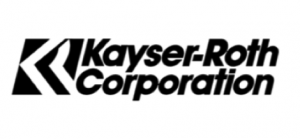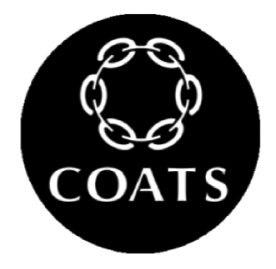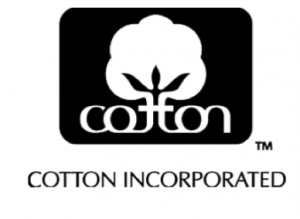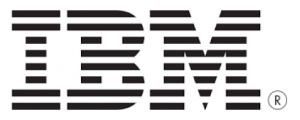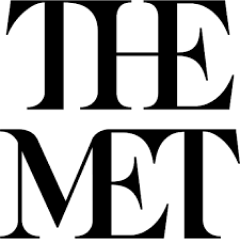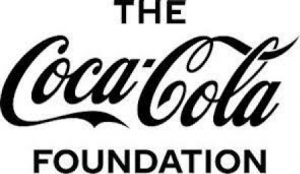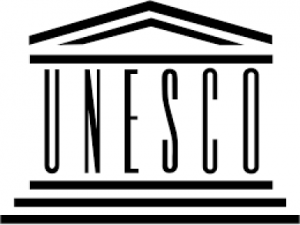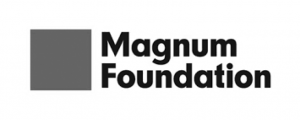About Principled Design
Principled Design (previously Studio 5050) is the research and development practice founded by Despina Papadopoulos that brings together design, engineering and a systems based approach to find unique solutions for emerging technology products and new social frameworks.
Principled Design has engineered innovative solutions for wearable technology and e-textile applications, developed roadmaps for the manufacturing of novel stacks of materials, and designed social innovation frameworks for cultural institutions.
Working closely with clients to uncover opportunity spaces and de-risk development, Principled Design maps existing capabilities and invents new applications to showcase emerging technologies and materials and find solutions for complex design and manufacturing problems.
Leveraging an extensive network of collaborators, from creative technologists, software and hardware engineers, pattern makers, psychologists and machine learning developers, to production facilities and material suppliers around the world, Principled Design develops comprehensive and agile solutions to respond to clients’ needs.
SERVICES
Strategy & Futurecasting
Sensory Design
Prototype Development
New Interfaces
Ethics in AI Consulting
Creative Industries Mapping
Innovation Workshops Design & Facilitation
Venture Capital Consulting & Opportunity Assessment
CASE STUDIES
Lubrizol asked us to review their extensive materials portfolio and identify applications for flexible electronics and wearable applications. In what became a multi-tiered engagement, we facilitated a series of exploratory activities, met with all department heads and run innovation workshops and mapped out Lubrizol’s offerings. We then proposed a number of applications that used materials exclusively developed by Lubrizol and settled on the development of the award-winning Multi-Tech Commuter Heated Jacket.
From pattern design, to sourcing fabrics from two continents, bringing partners together for the printed electronics and a custom connector, Principled Design was able to materialize this project in nine months and under budget. The project underscores the importance of systems thinking in the development of novel wearable electronics, combining design, materials science, applications know-how, and value chain partners. It required the right mindset and capabilities, to quickly turn innovative ideas into prototypes and then commercial scale realities. The jacket is the main show piece at trade shows and is featured proudly outside the CEOs office!
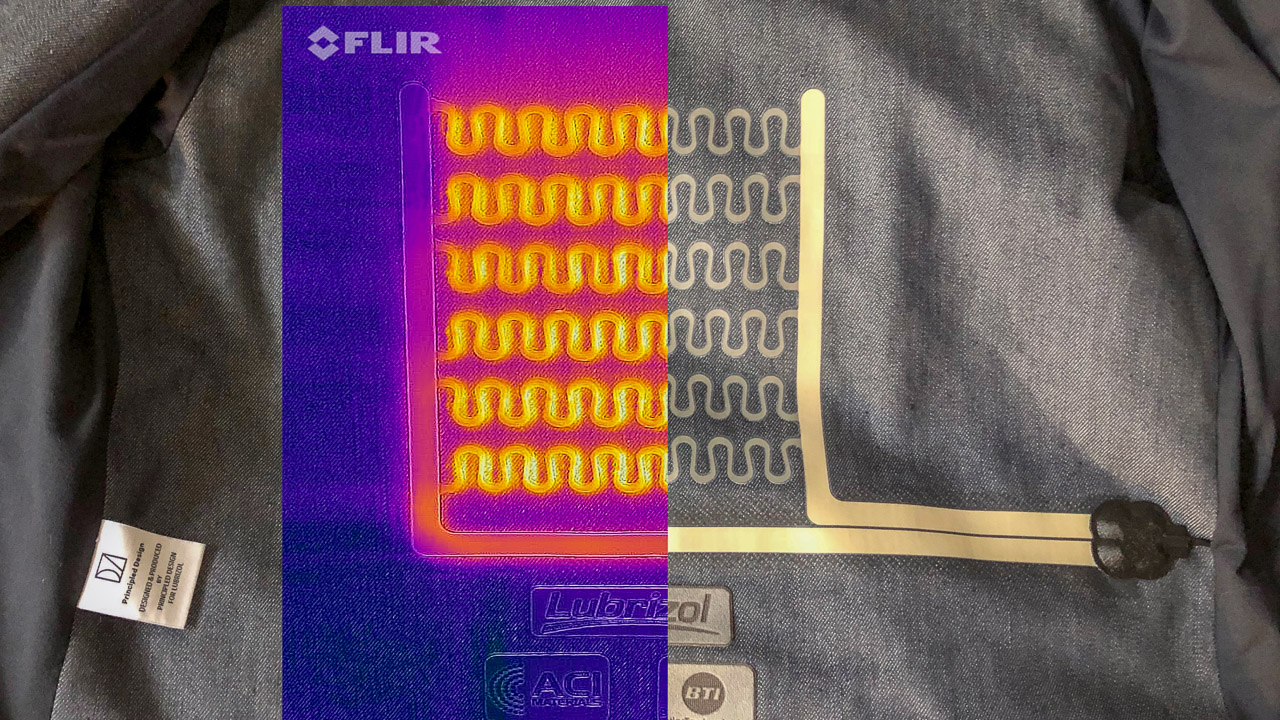
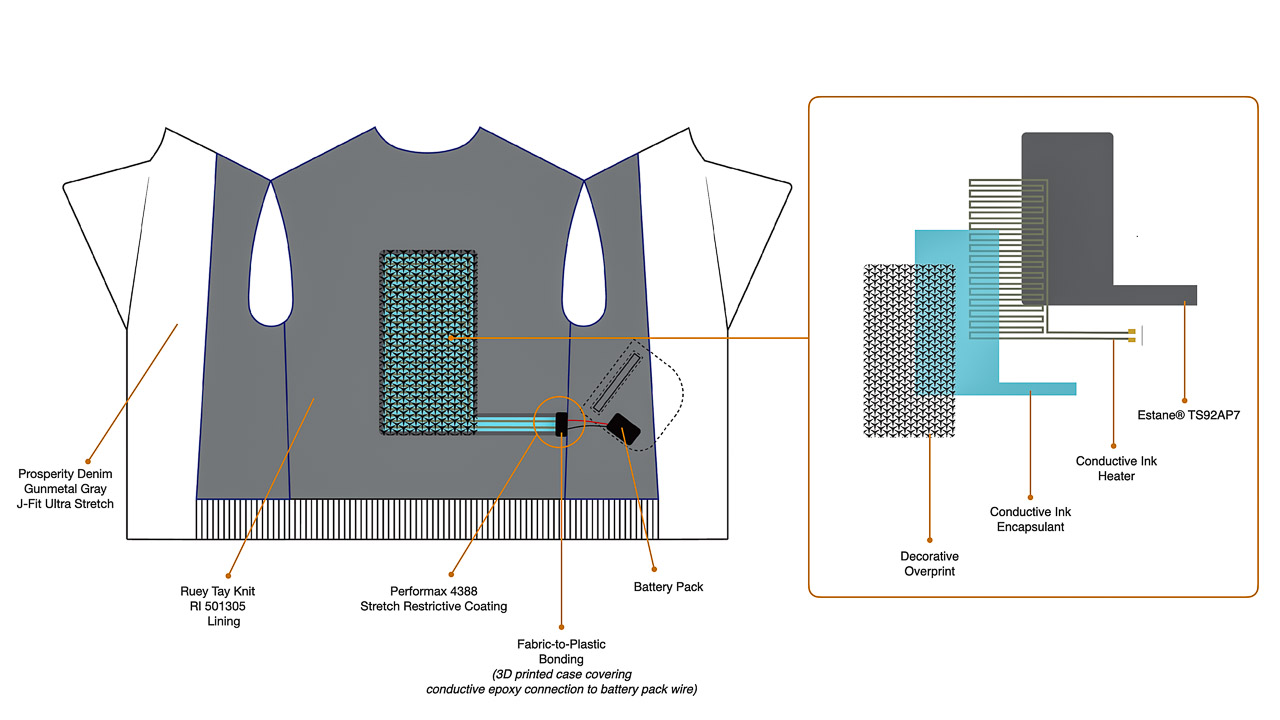
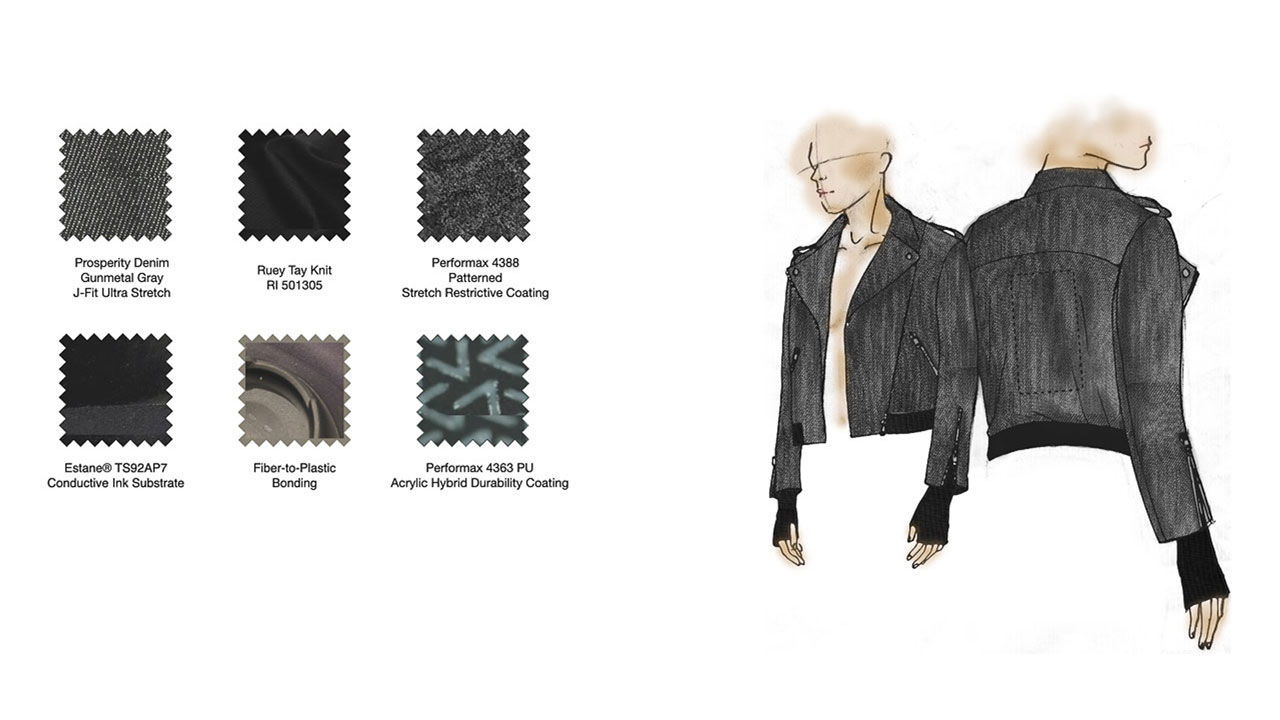
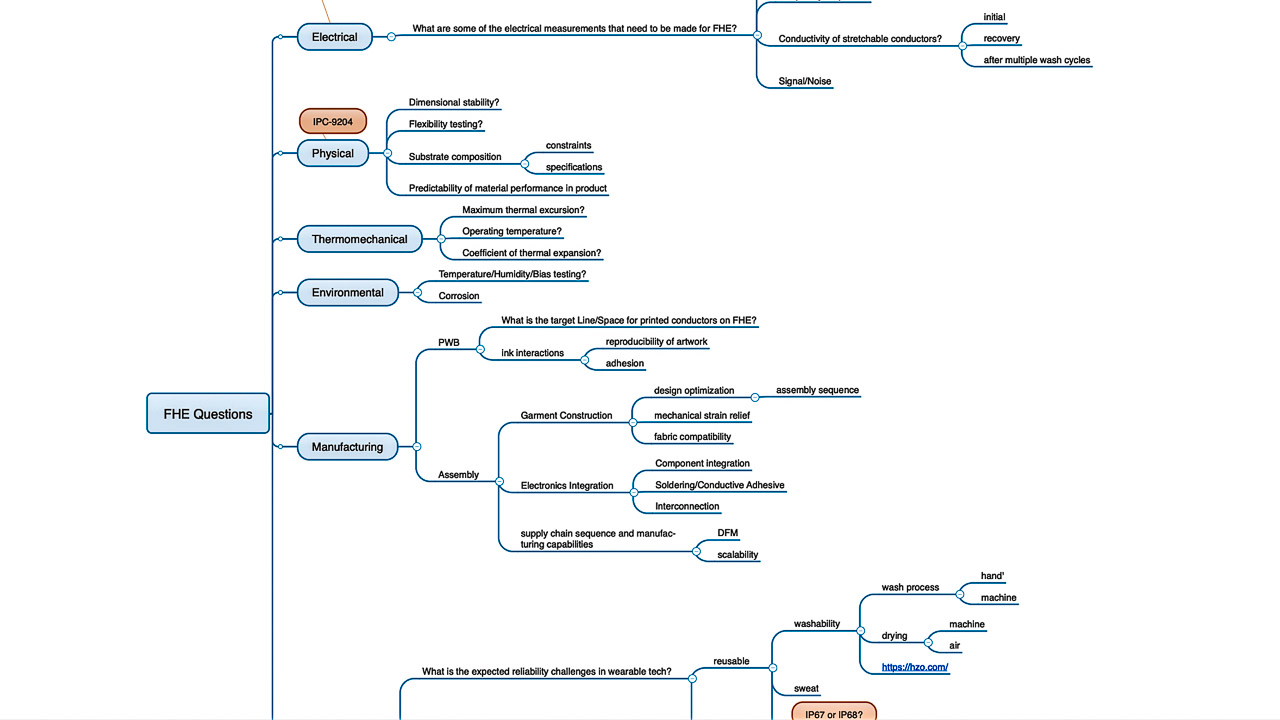
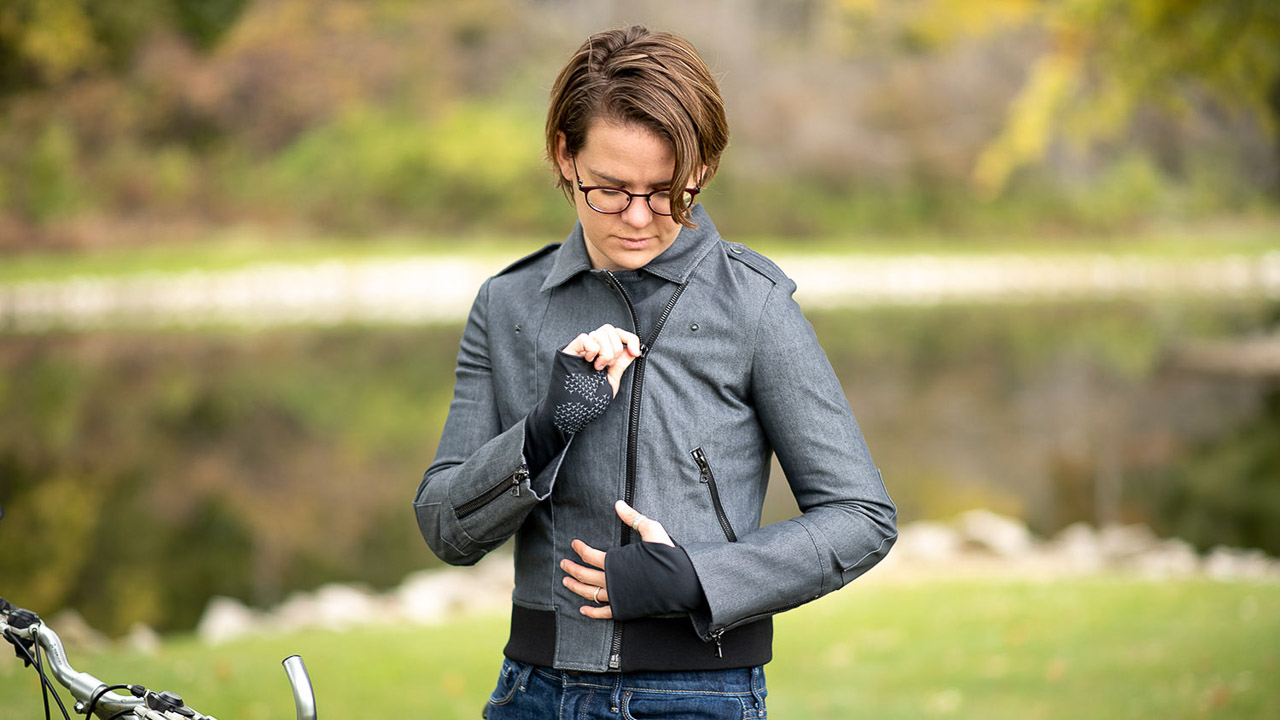
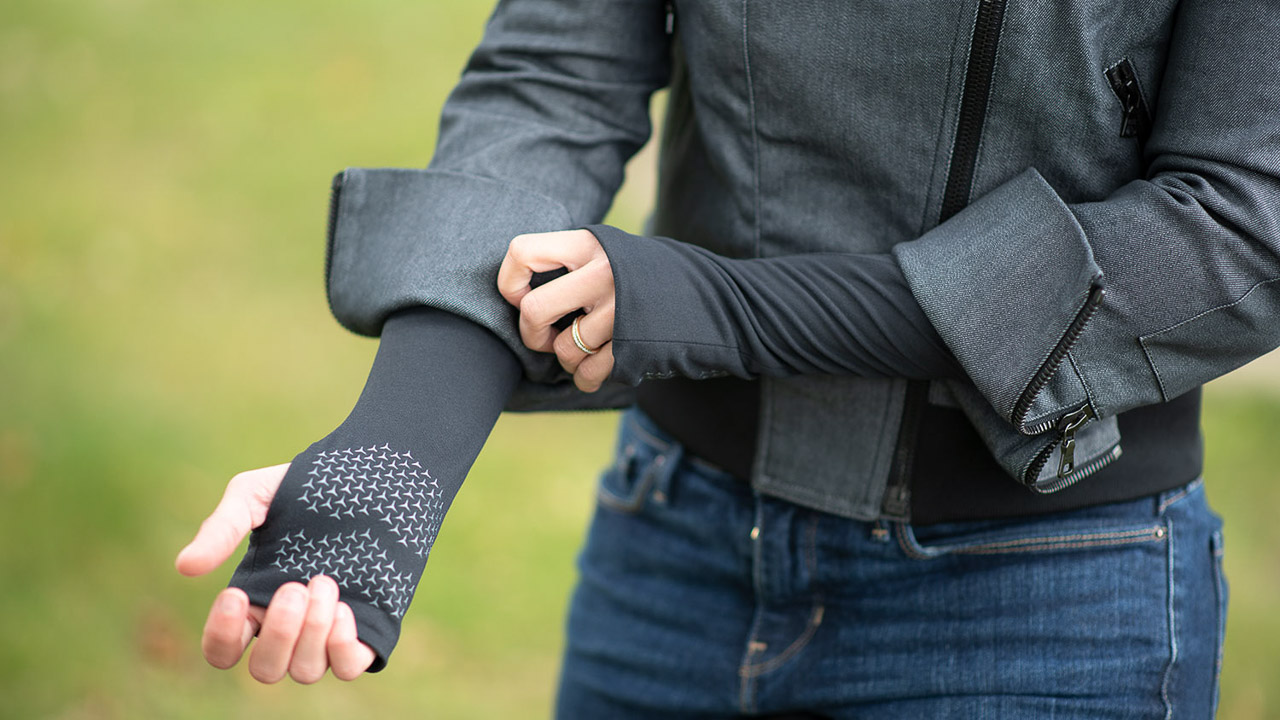
Ralph Lauren as the official outfitter of the USA Olympic team and for the 2018 Winter Olympics wanted to push innovation and develop a heated parka, using conductive inks developed by DuPont. However, the siloed manufacturing processes and domain expertise created a challenge in the development of a connector to facilitate technical functionality between the ink and electronics.
Our innovative approach to solving manufacturing challenges ensured that the solution was not only delivered on time but also easily integrated into existing supply chains.
We designed, tested and sourced the connectors and were able to deliver on time a solution that was easy to be implemented. We are proud to be part of such an iconic moment and bridging these two giants of industry, Ralph Lauren and DuPont. Bringing On the Heat is a great article documenting the making of the parka.
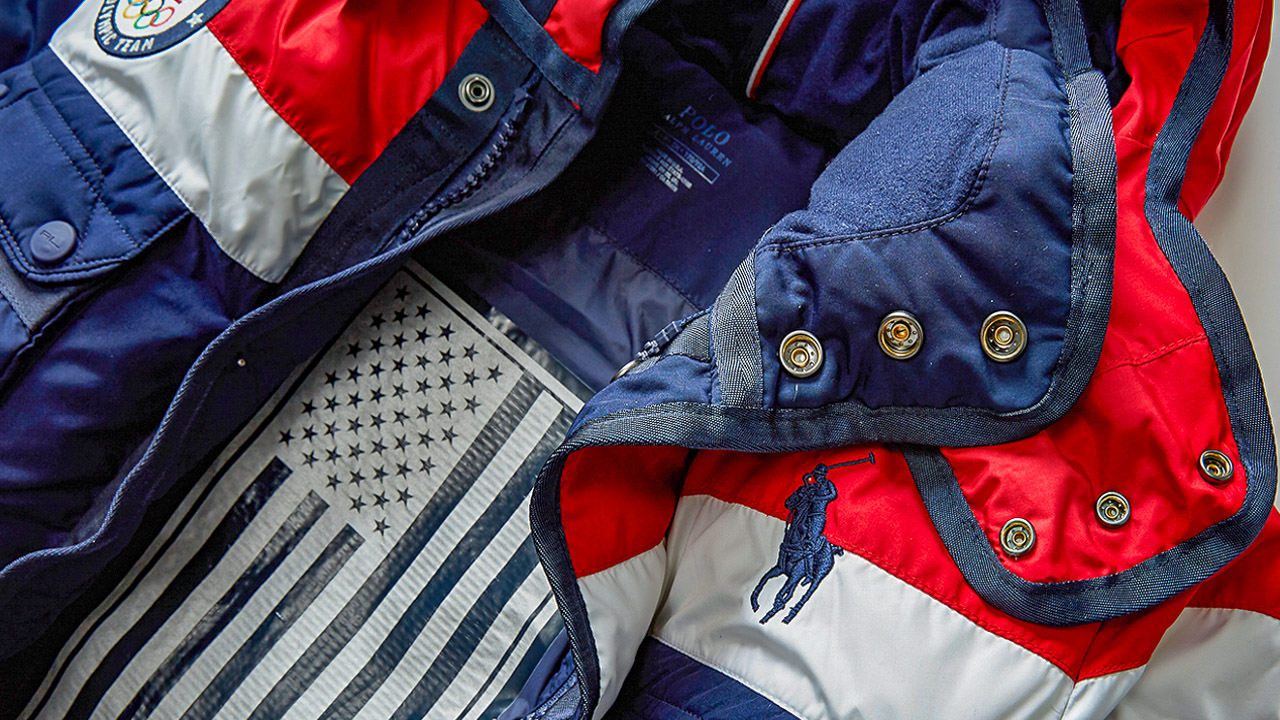
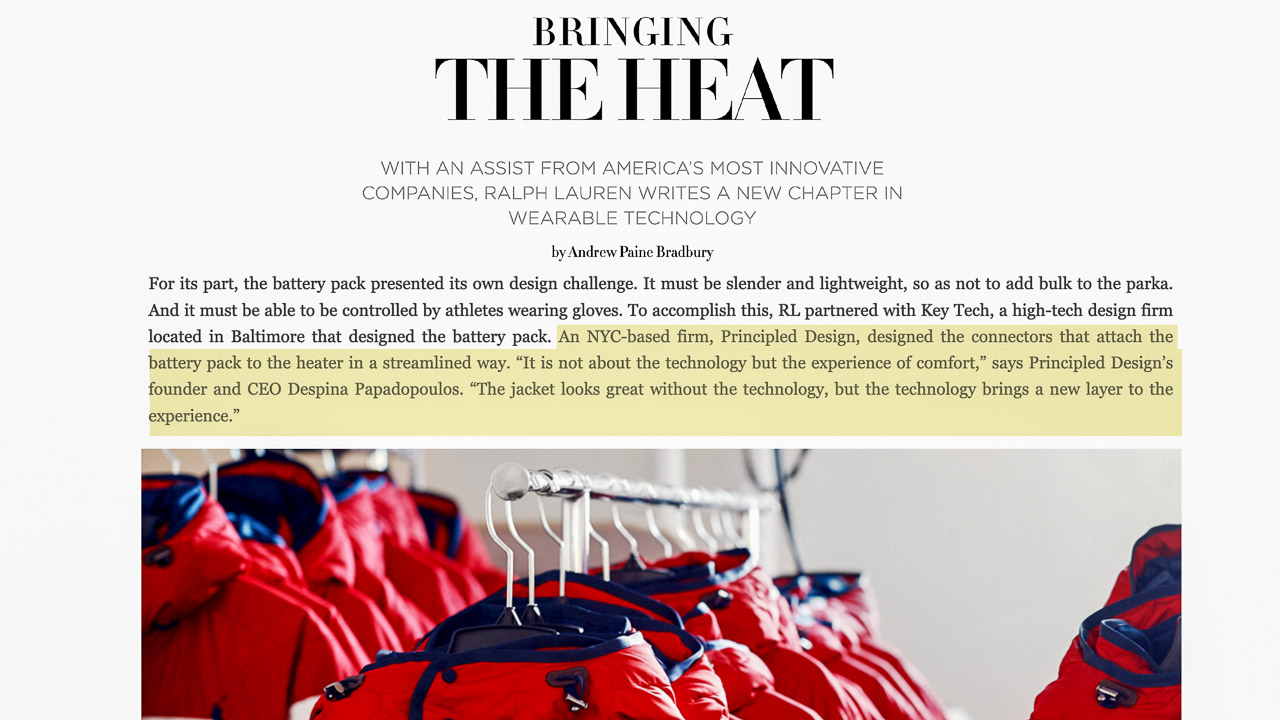
What is the connection between mind and body and the relationship between interoception and flow? What does the future of haptics hold? These were some of the open-ended questions that we were asked to answer as part of a research brief in which we were charged to develop concepts that brought together neuroscience, psychology and design.
With a firm belief that embodied concepts need to be tested on the body, we developed a series of fully functional prototypes, conducted extensive user-testing, and developed a novel haptic device controlled by a mobile phone and apple watch, and thus leverage contextual data. We coupled our extensive research with embodied probes and elicited valuable feedback from users. Our designs were developed directly on the body, sculpting organic forms that only later were turned to CAD models and 3D printed. We evaluated a large number of actuators and designed drivers to produce nuanced effects.
Our process was modular and agile both conceptually and in all our design decisions. We ran over 50 user testing sessions and gathered a rich data set that informed our machine learning model. A dream project with a dream team, we were able to deliver both research and actual data and built robust hardware and software in a dizzying seven-month period.
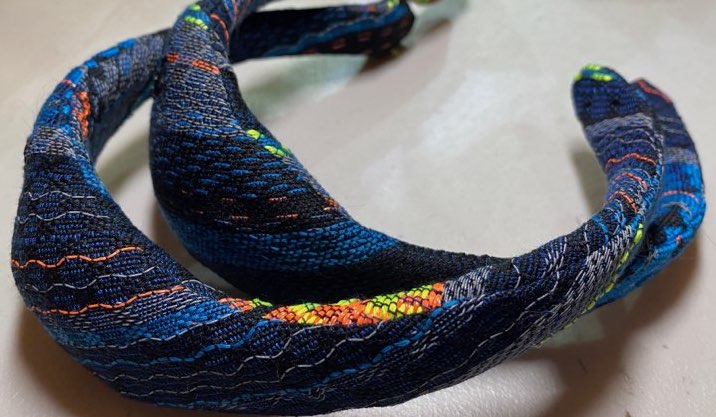

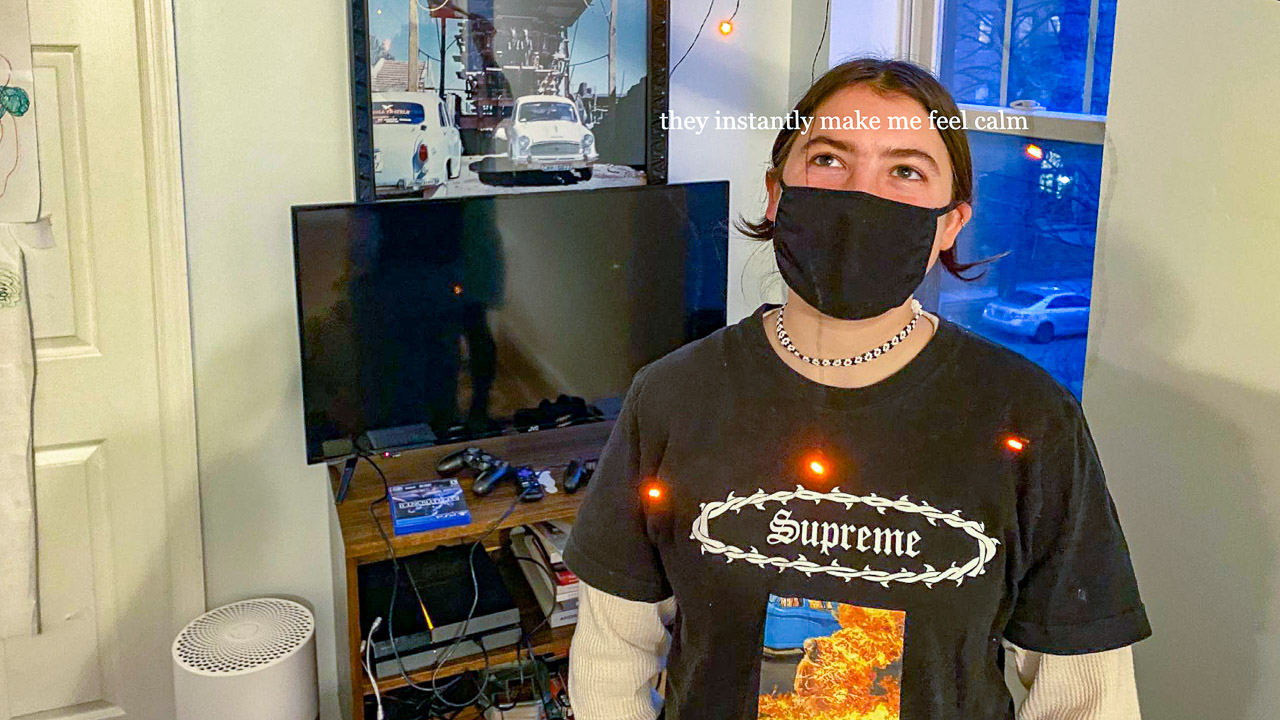
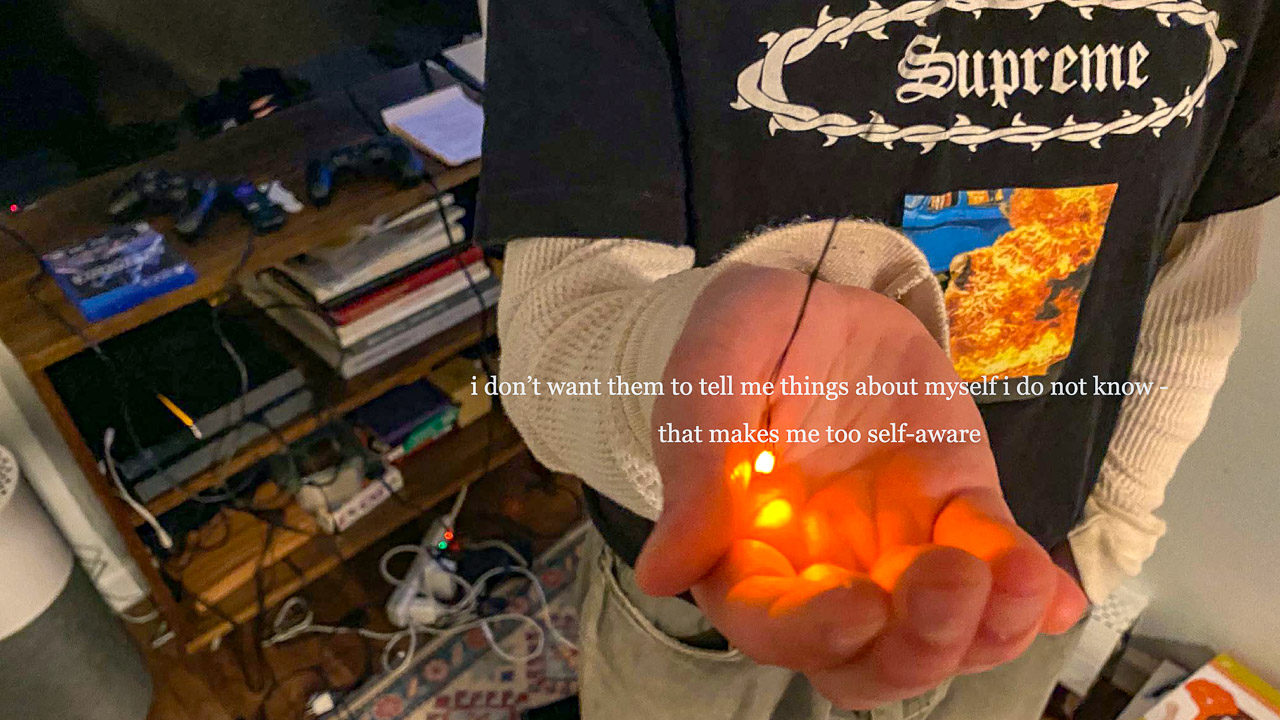
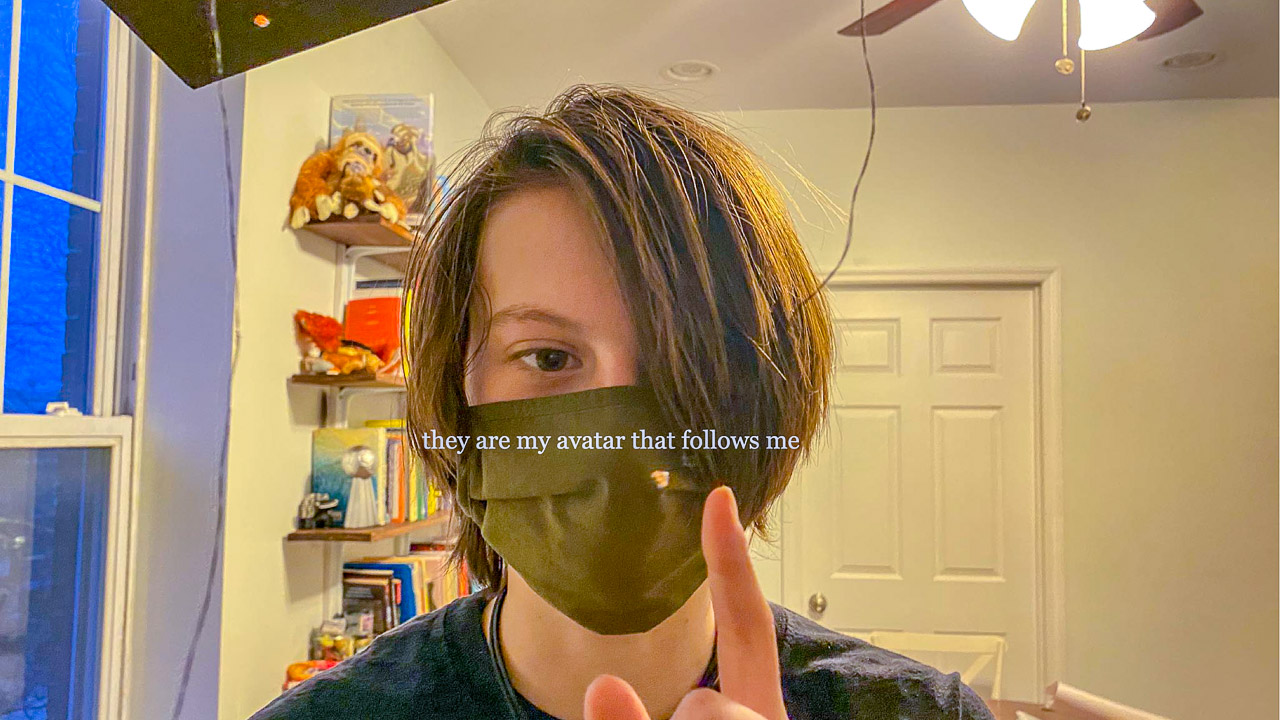
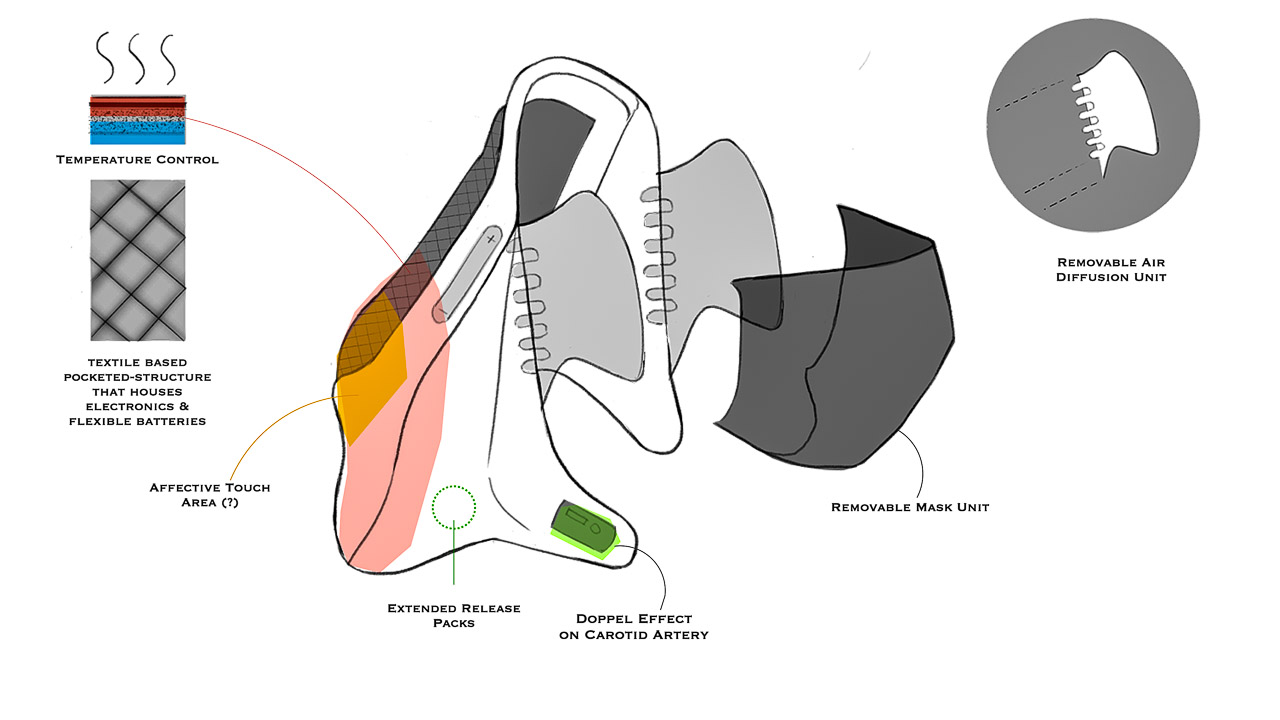
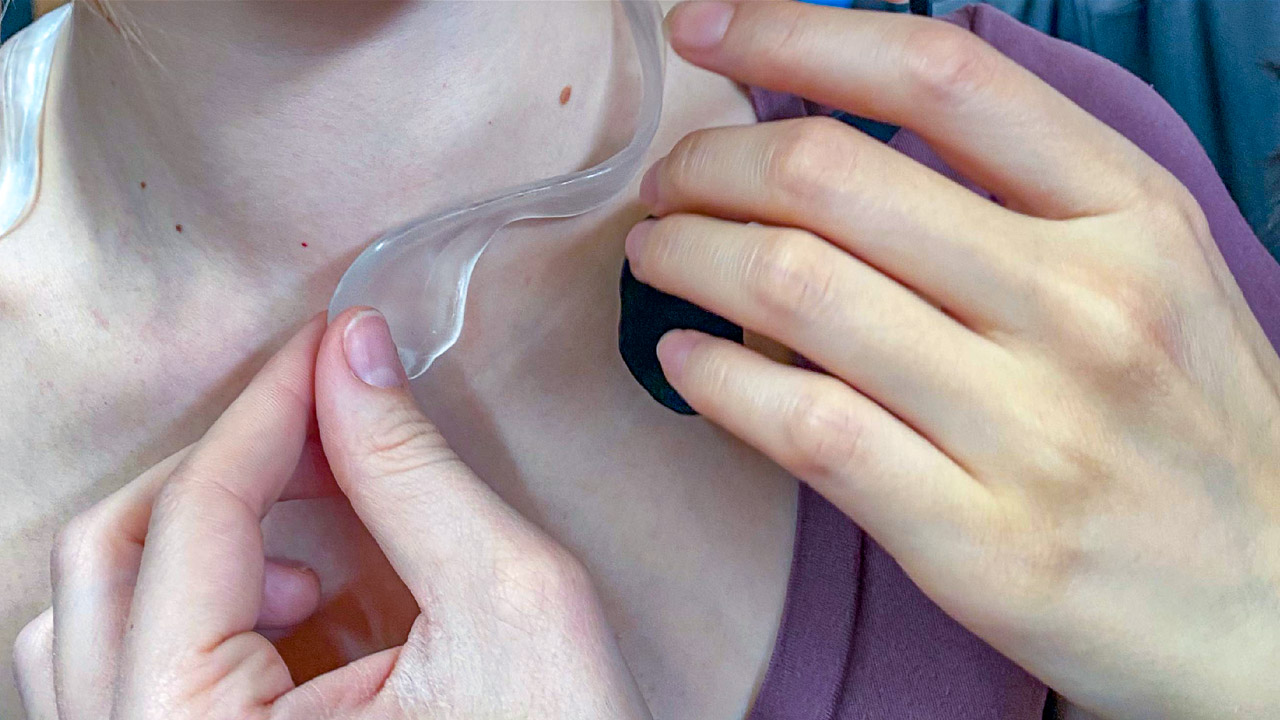
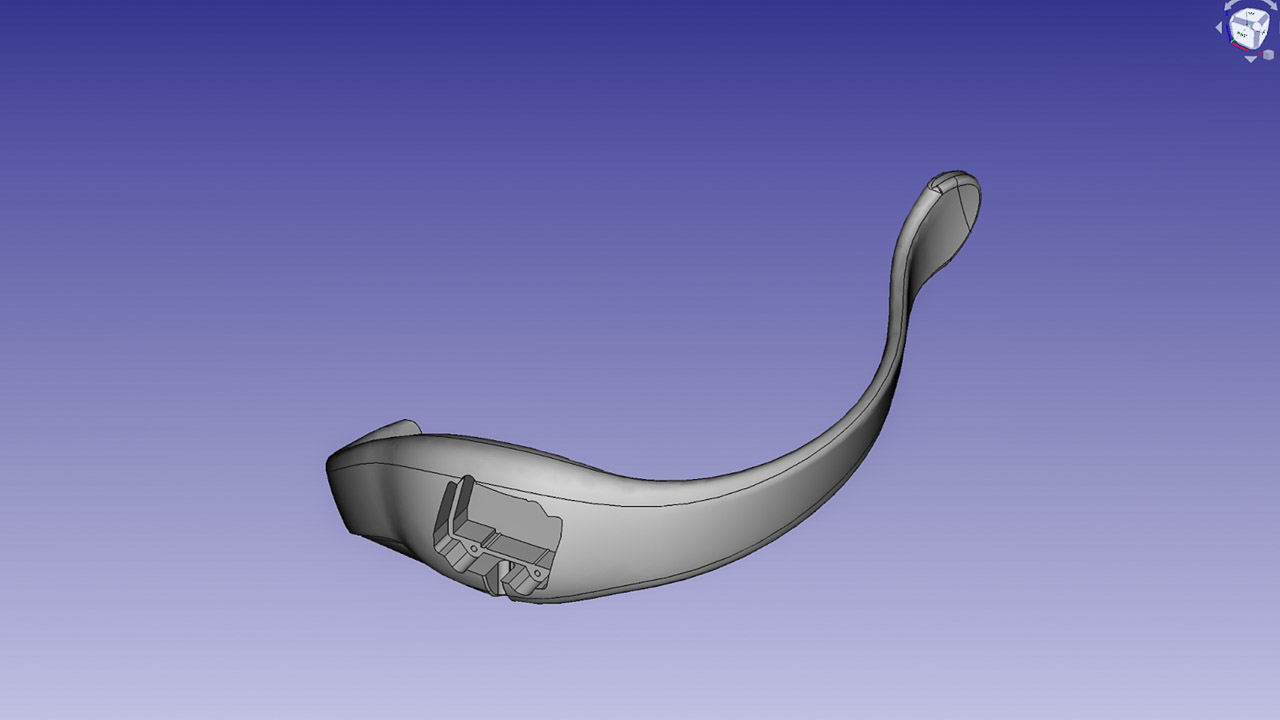
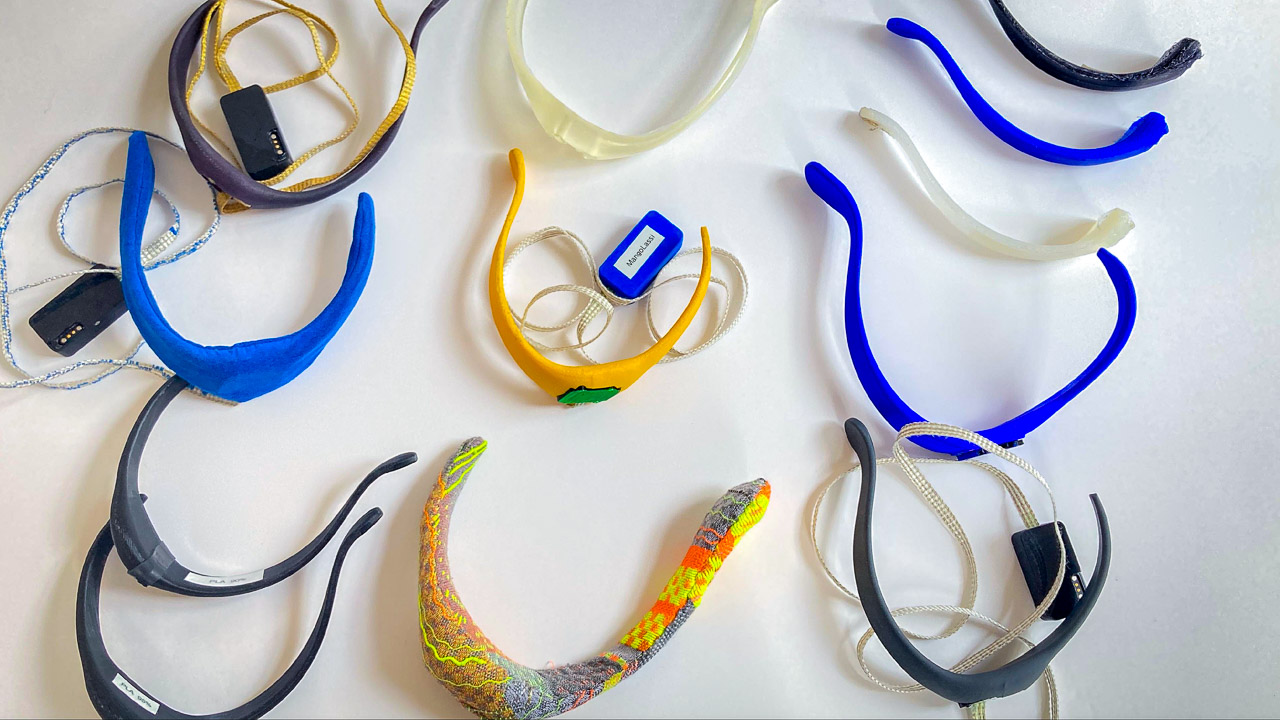
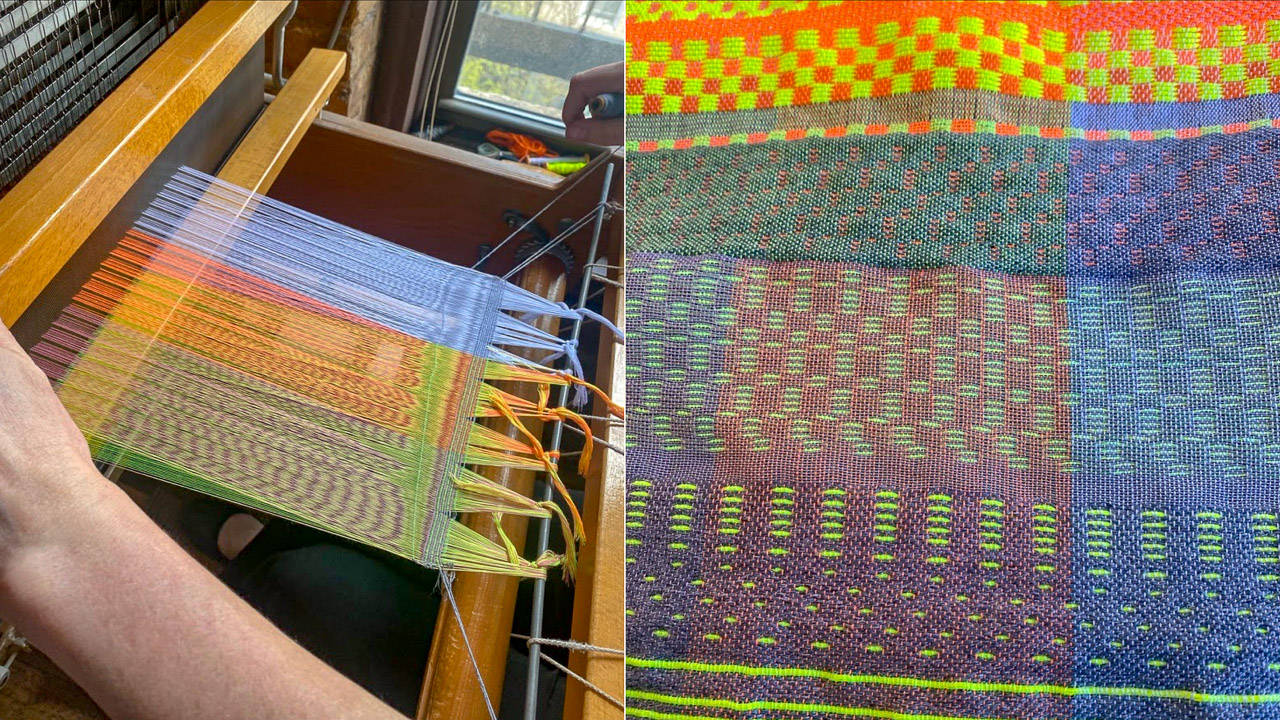

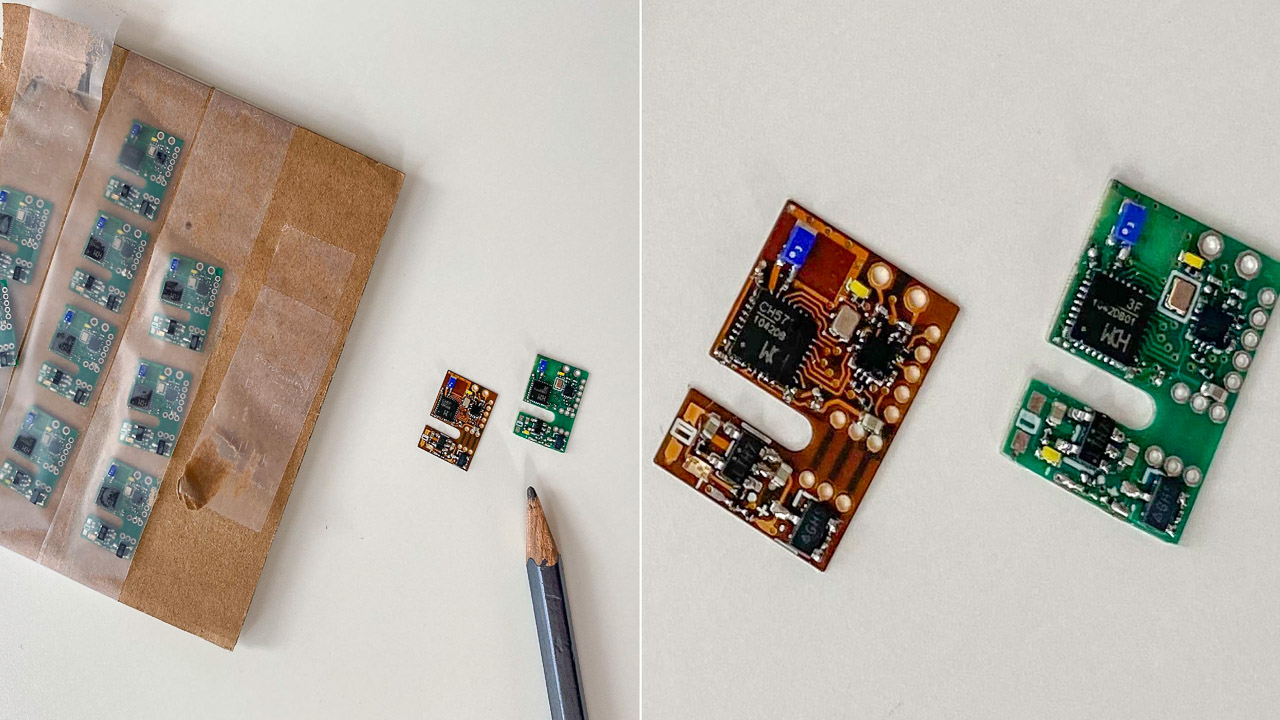
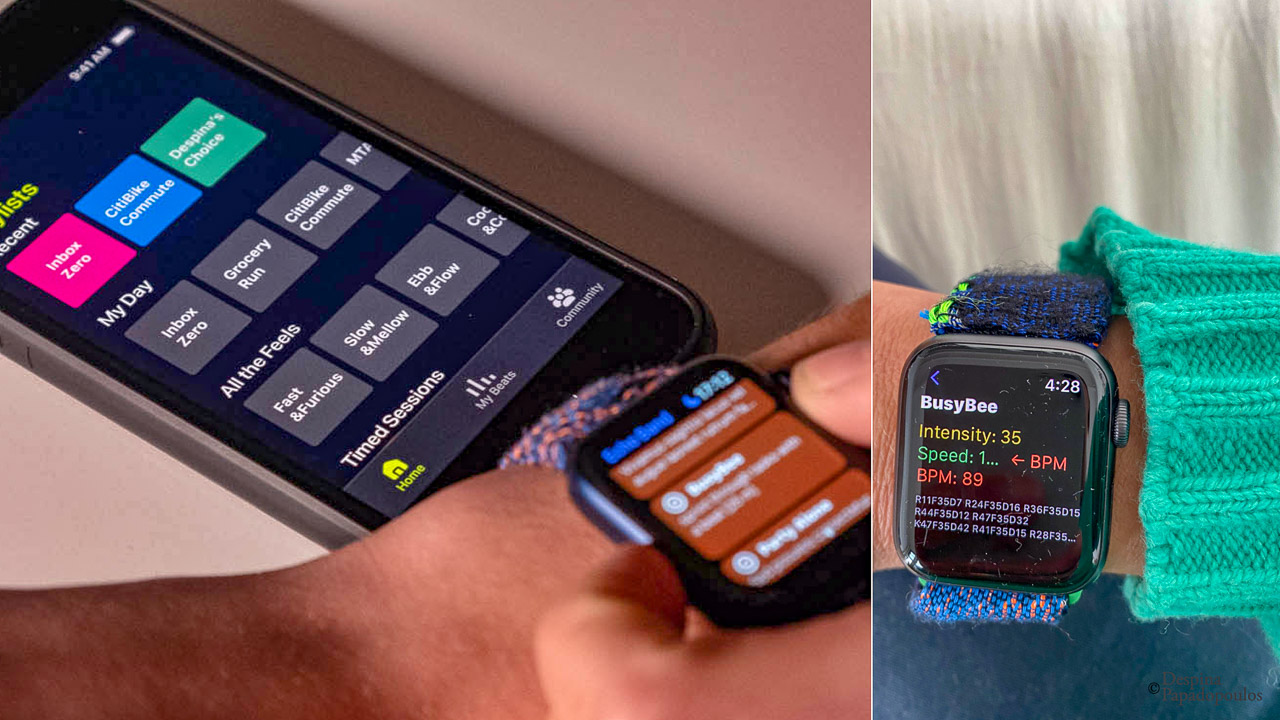

Nivea’s biophysicist and chemists reached out to us with a real challenge: how to manufacture a precision sweat-sensing t-shirt, one that could withstand multiple wash cycles, in multiple sizes, and in large numbers. We took the challenge on and rethought how a t-shirt is designed and produced, created a new pattern to facilitate the production of the shirt, sourced a high precision alloy to act as the sensor, redesigned the circuit for better comfort and fit, and developed a manufacturing road-map and identified trusted partners to bring 5,000 shirts to life.
The shirt allowed Nivea to do comprehensive field testing and to gather data that was valuable to all tiers of the organization as outlined in this great article on How Technology Generates Positive Ripple Effects for Nivea.
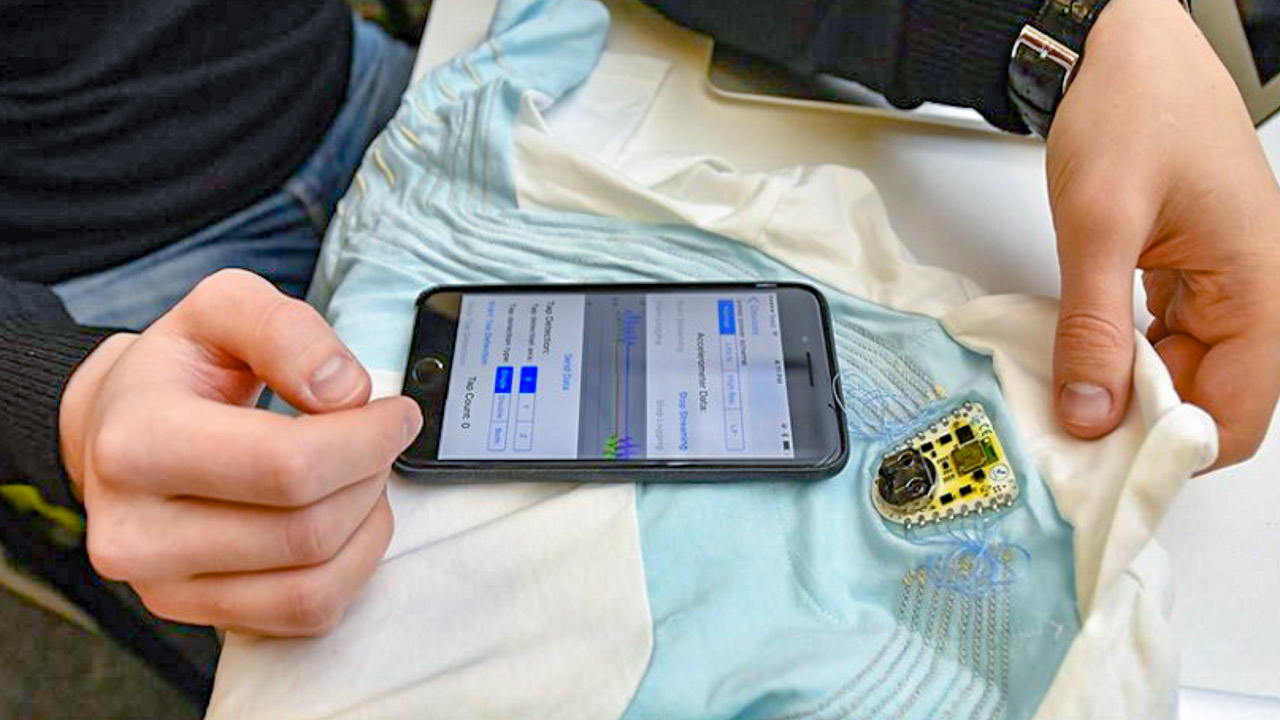
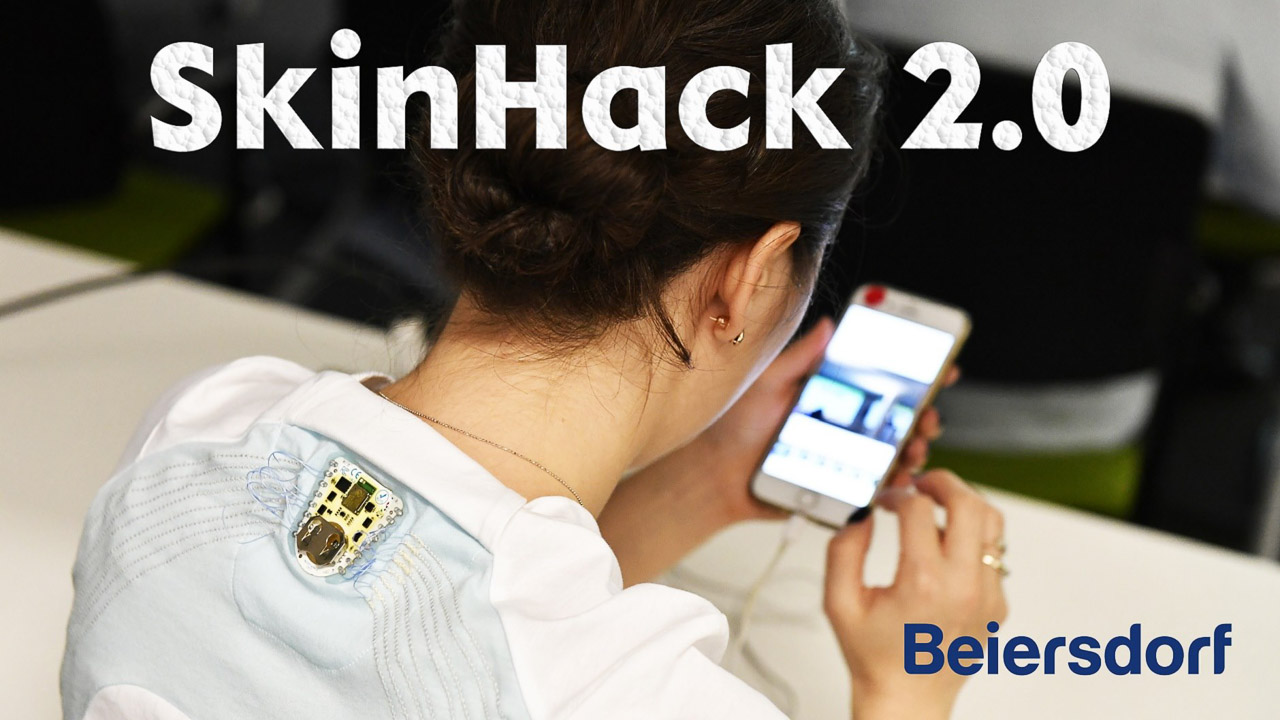
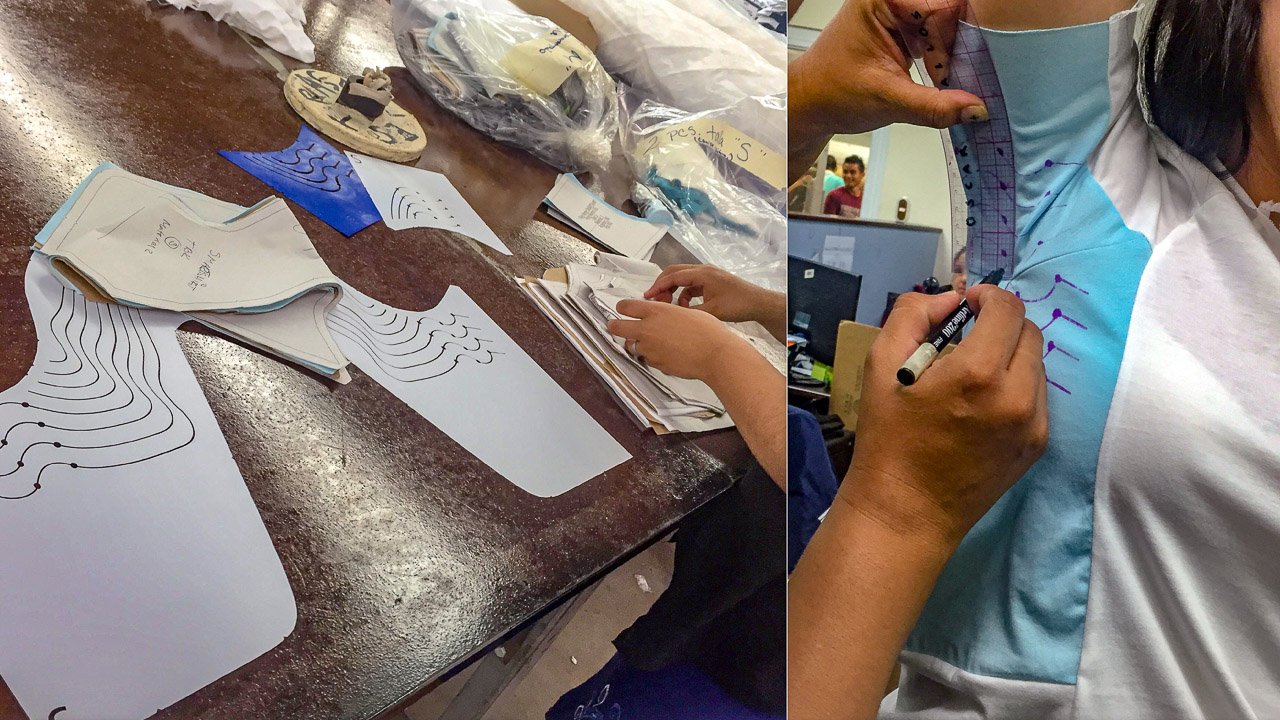

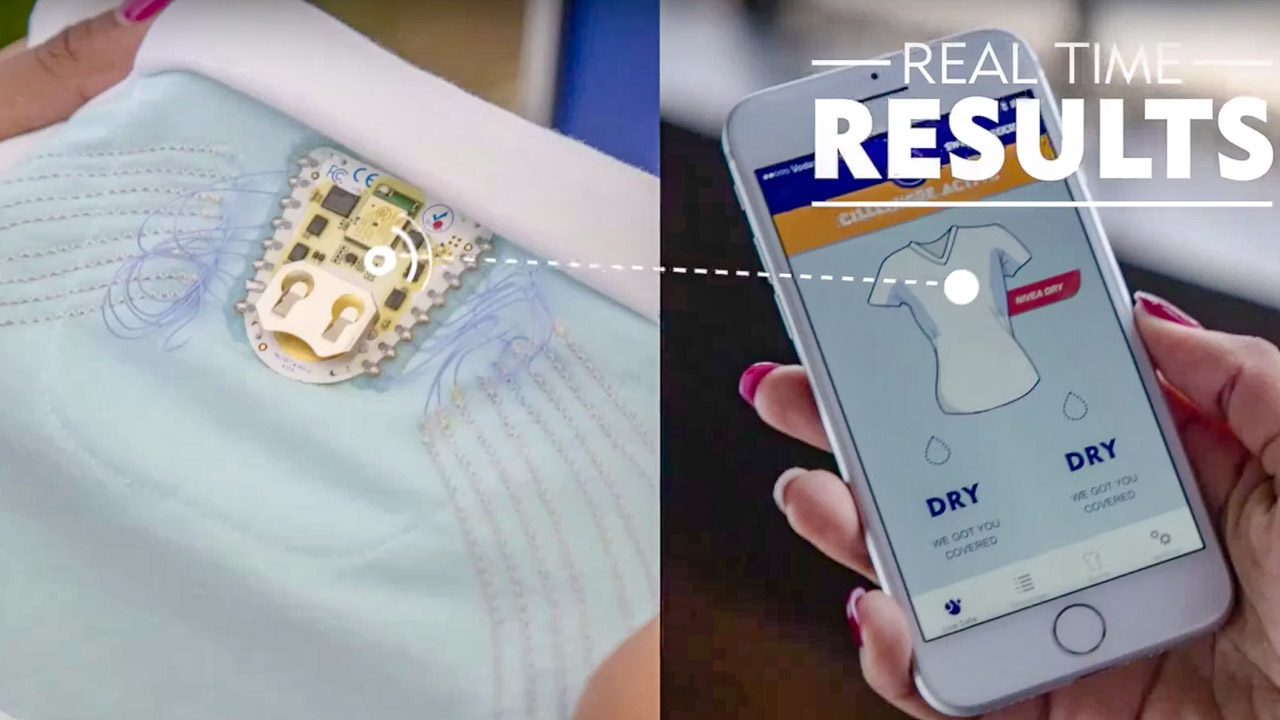
It was a real privilege to be asked by UNESCO to conduct a mapping of the Creative Industries in Bamiyan, the majestic valley in Central Afghanistan, for a good reason referred to as “Shining Light” and “Valley of Gods.” Based on our previous work on the Artisan Toolkit and our deep connections to the country, we conducted an in-depth survey and mapped the creative industries in the regions, holding interviews with a wide range of stakeholders, from the governor to the tremendously talented and resilient local artisans and the NGOs that supported their work.
We then delivered a comprehensive report and plan for activating the region as a Creative Hub and established partnerships with the Costume Institute at the Metropolitan Museum of Art, the NYU Library, and maker-spaces in Lebanon and Turkey. The dire changes in the political reality in the country means that none of this will be implemented and we just hope that the incredible people we encountered are safe and find the courage to maintain their optimism…
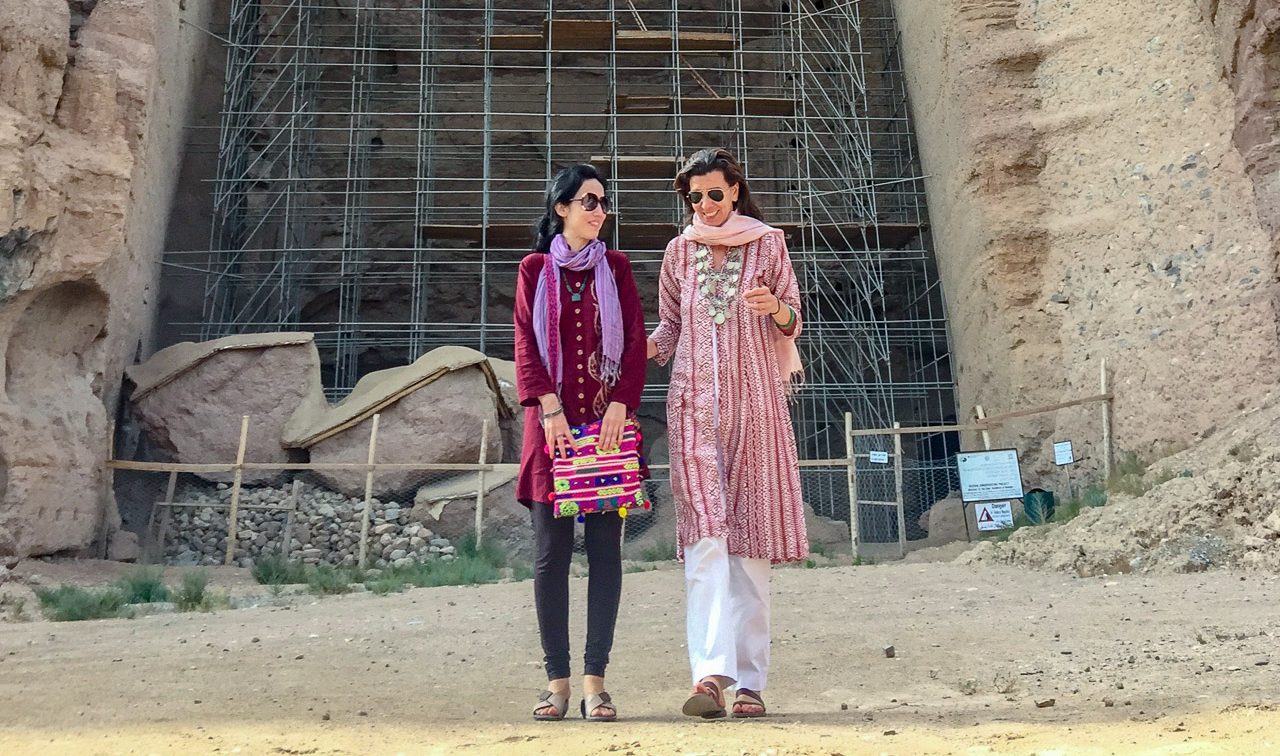

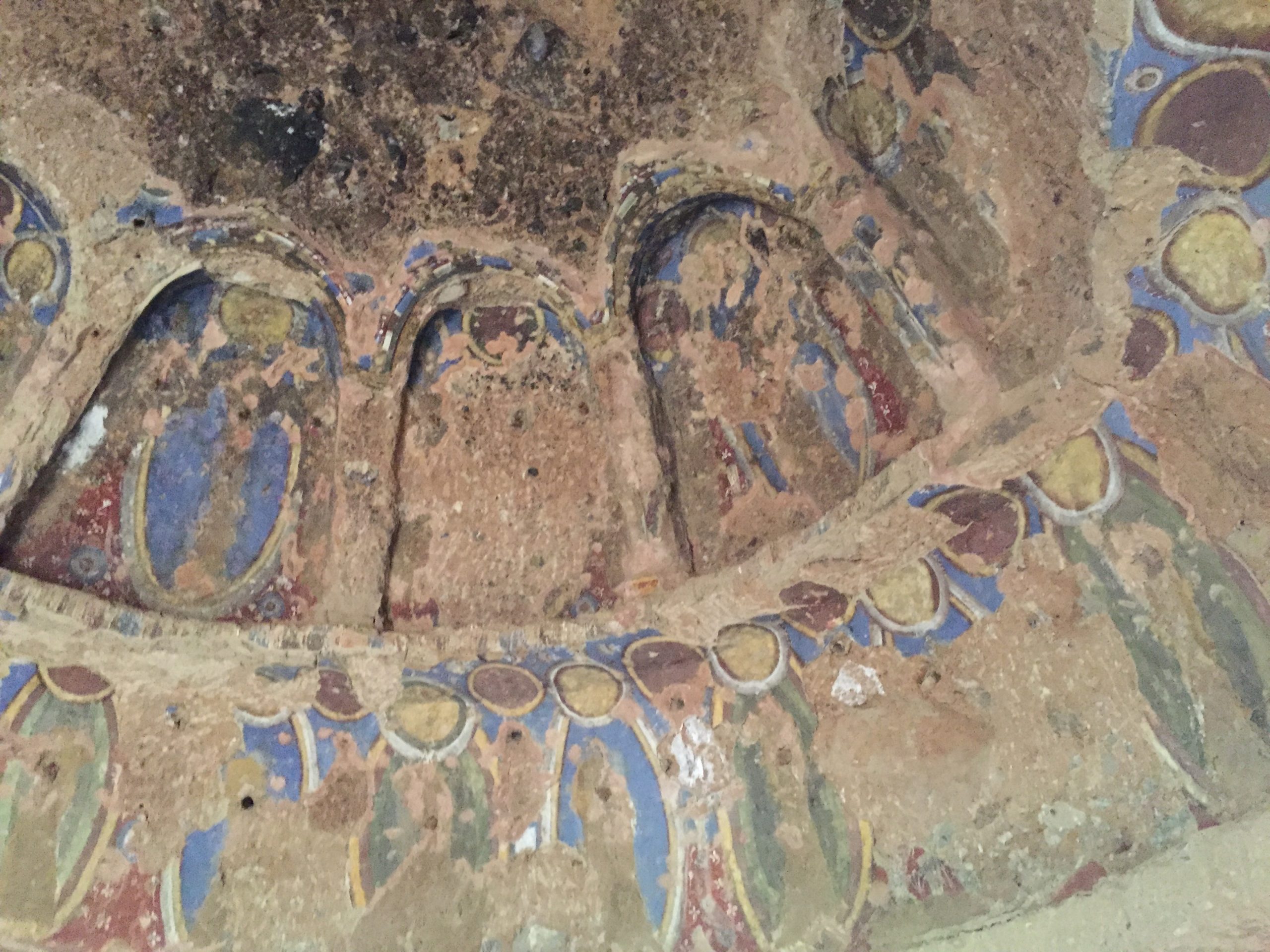
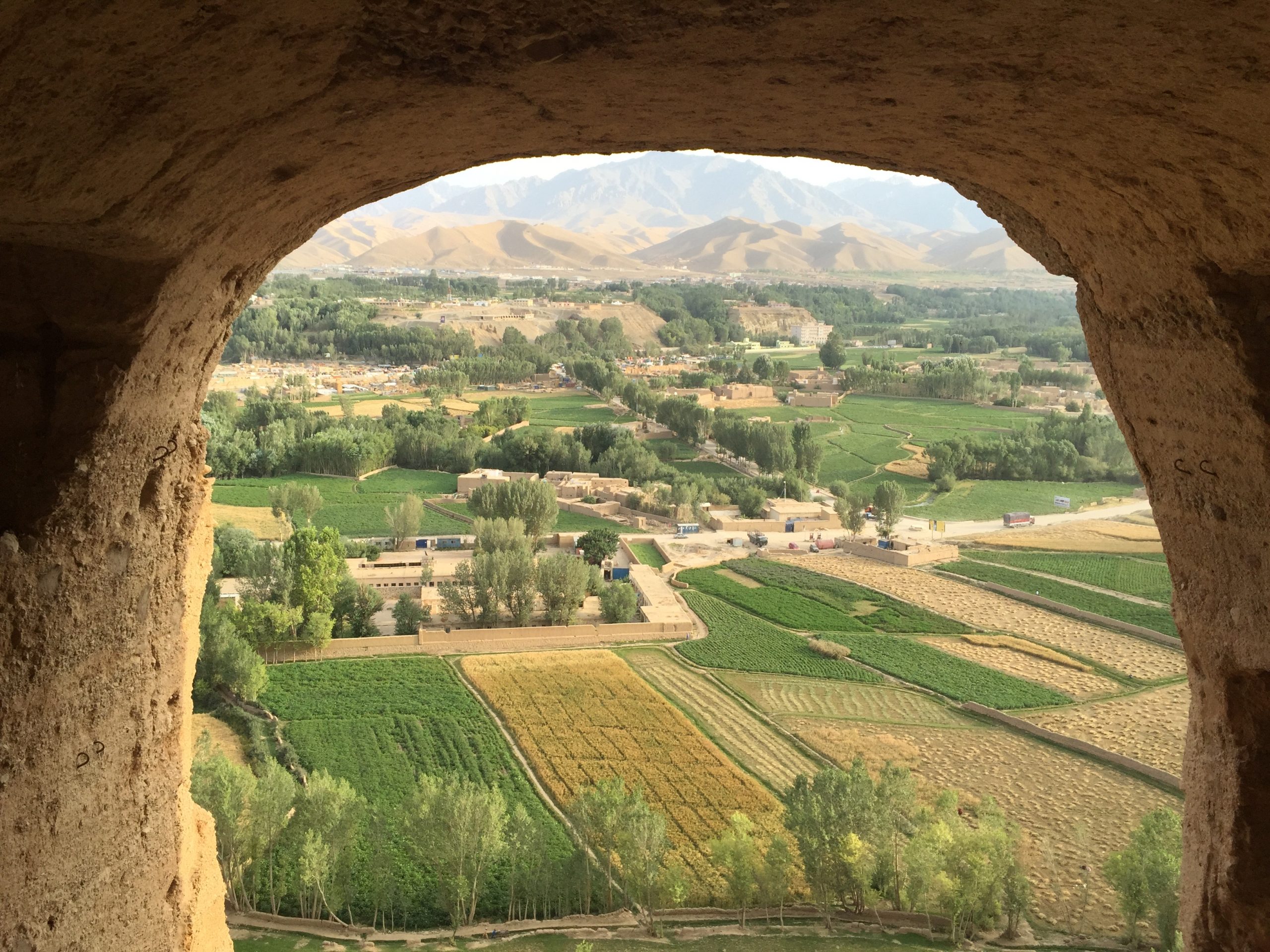
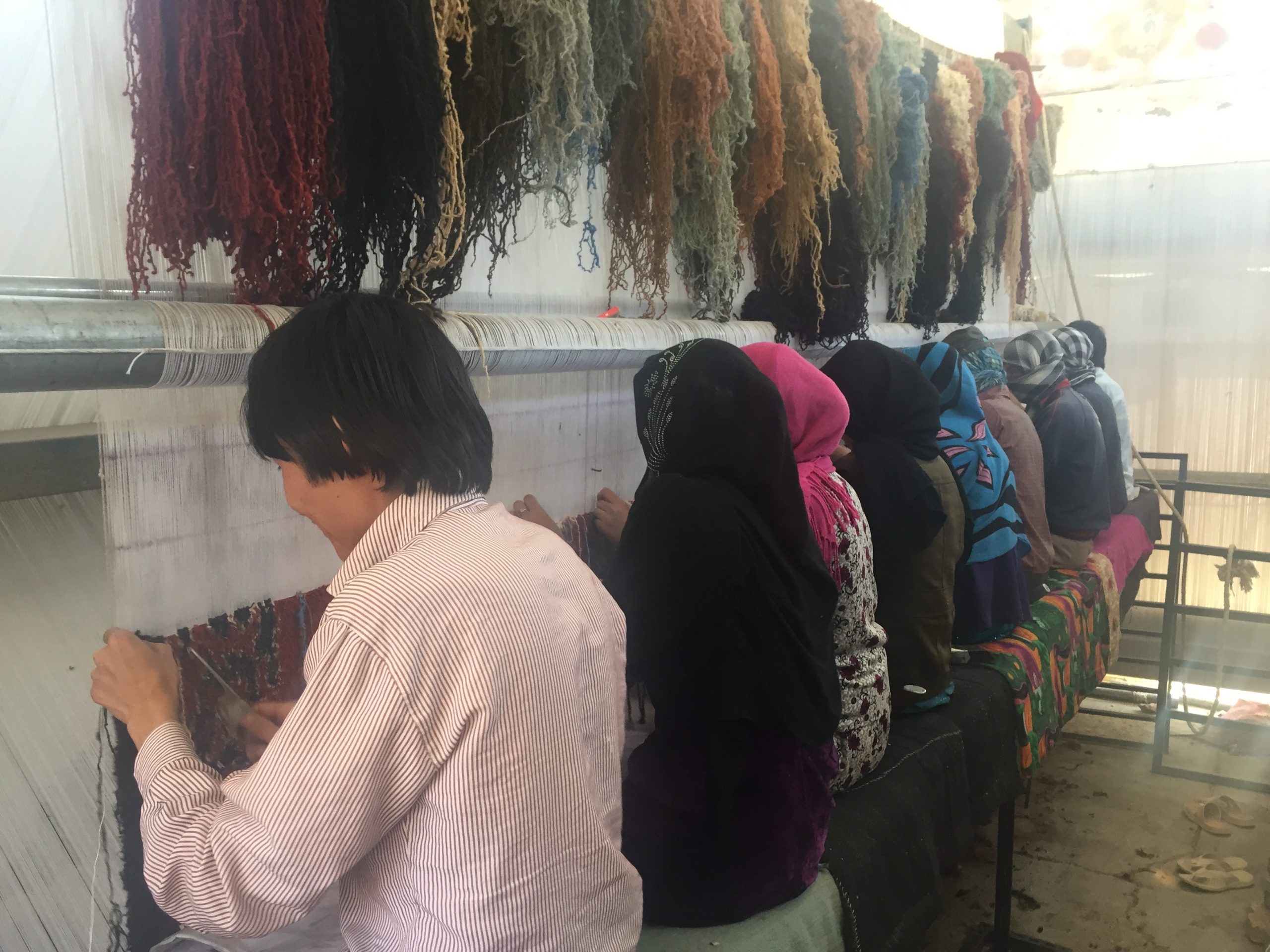
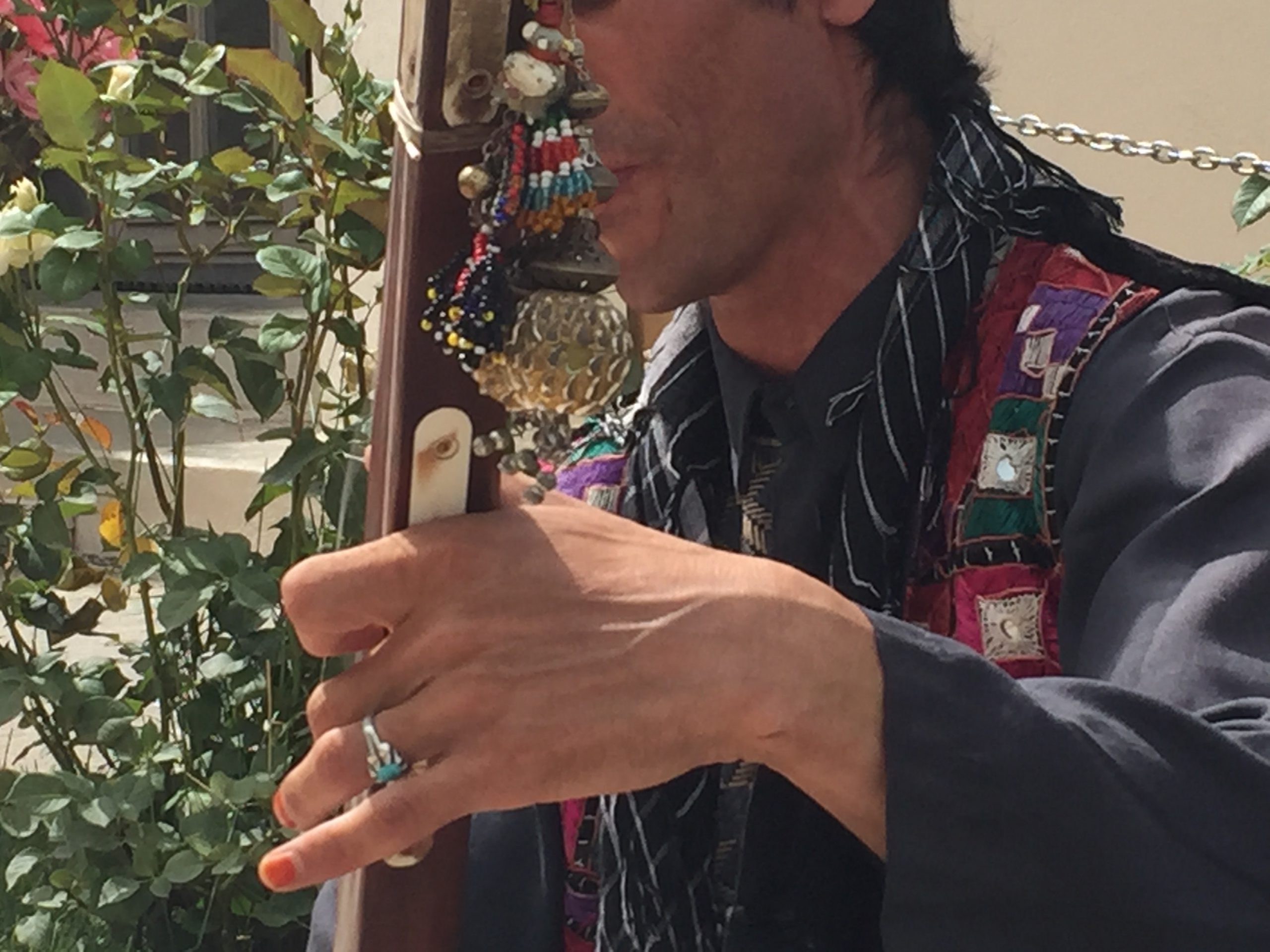
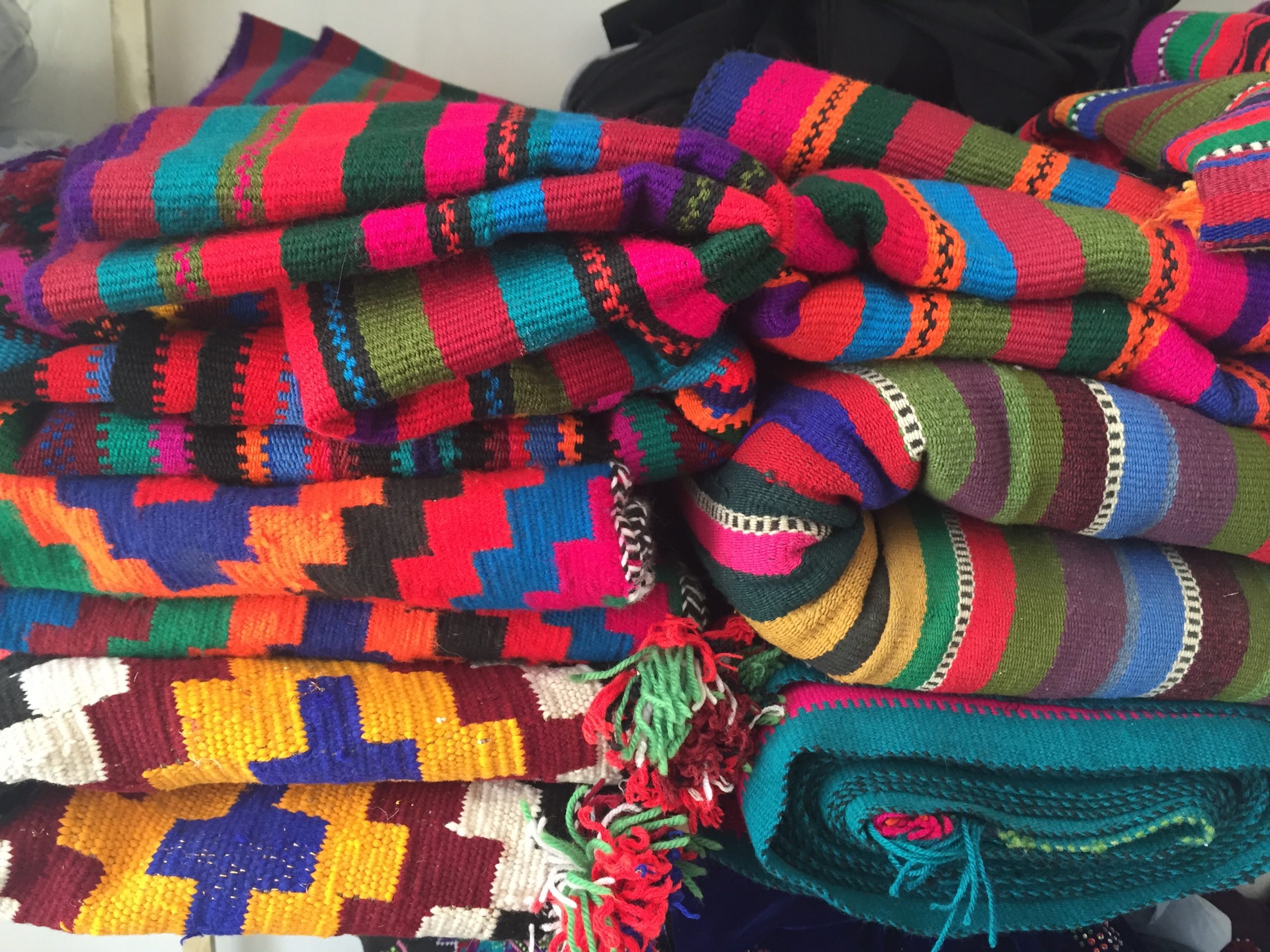
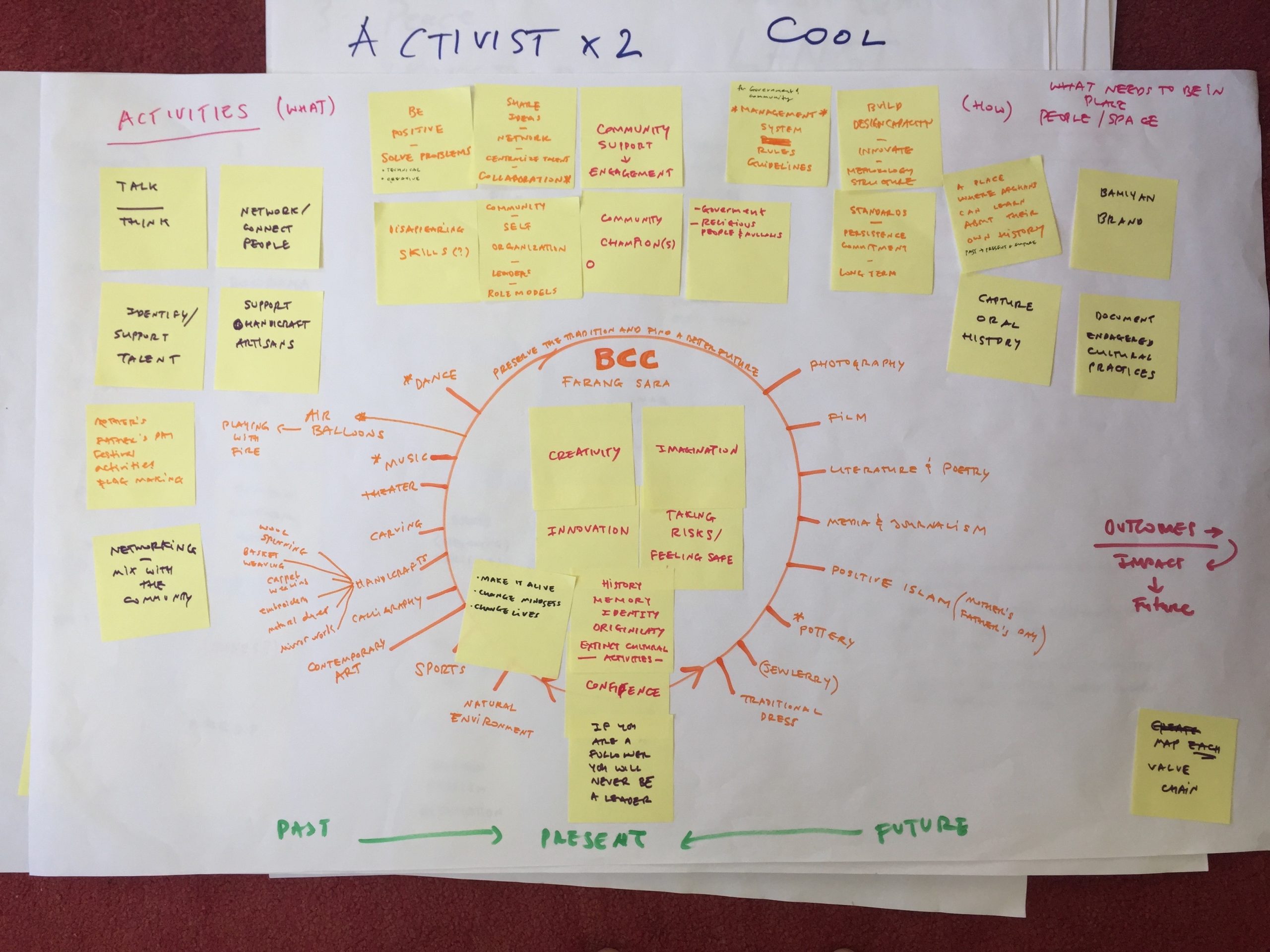
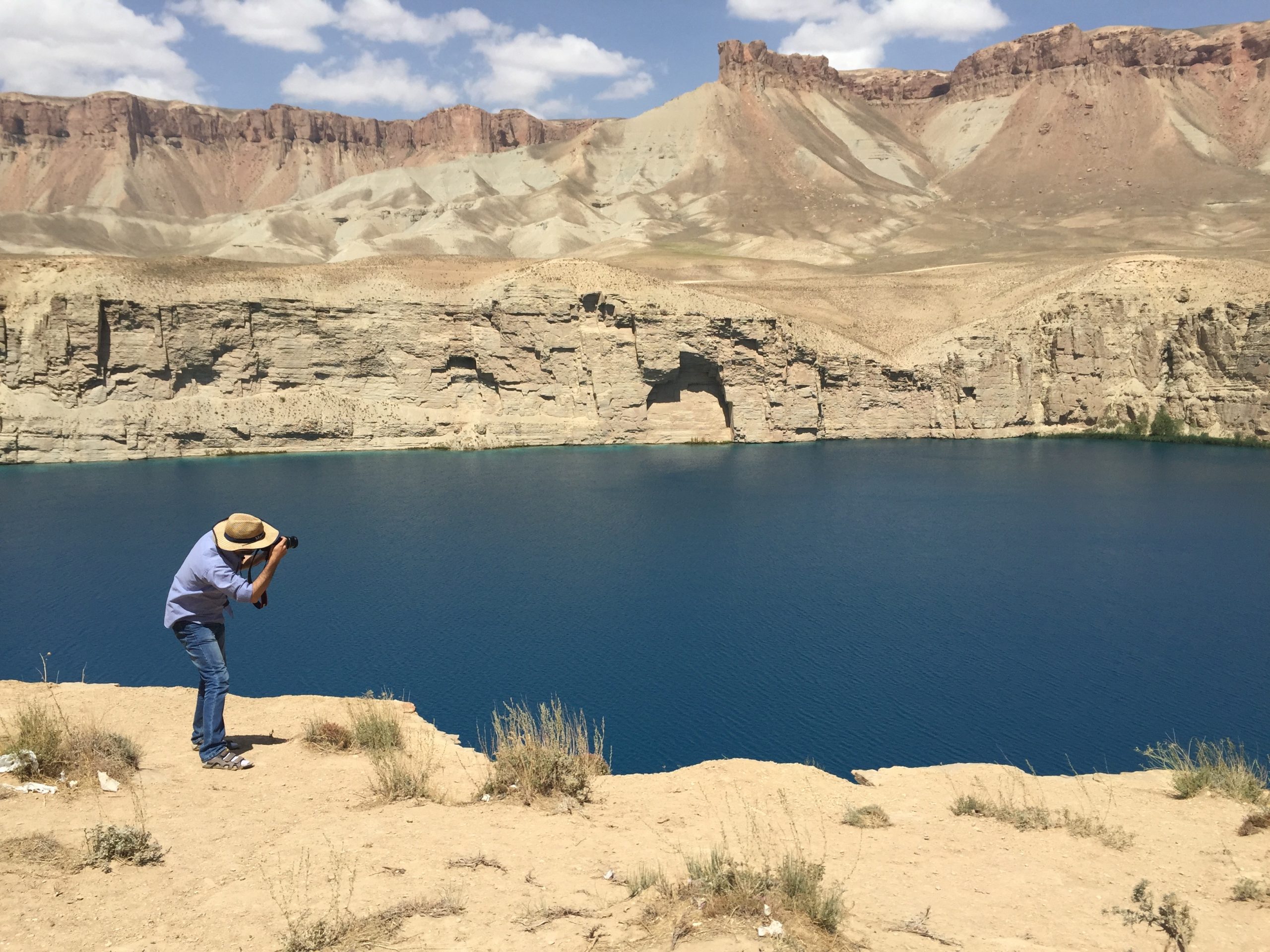
CLIENTS




